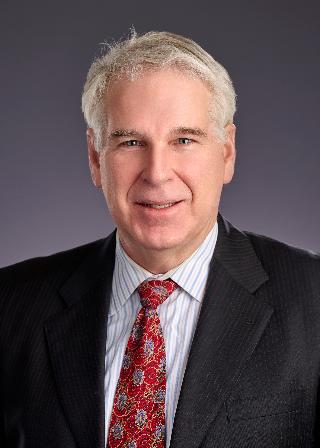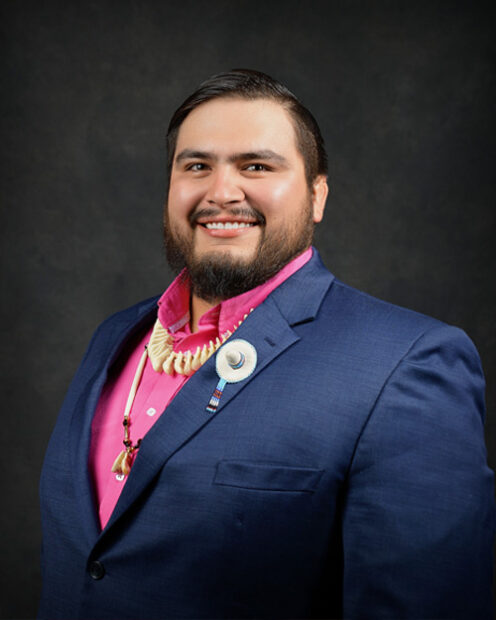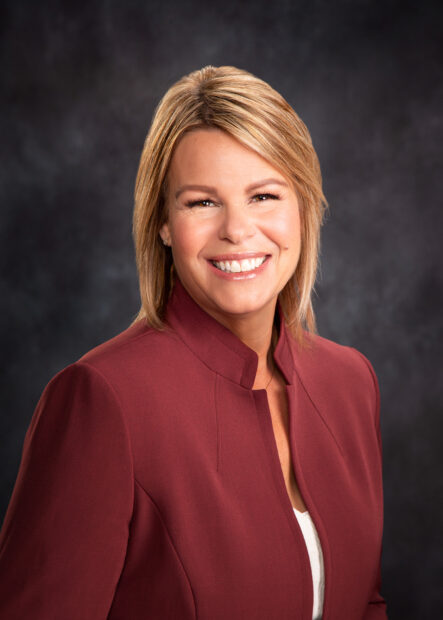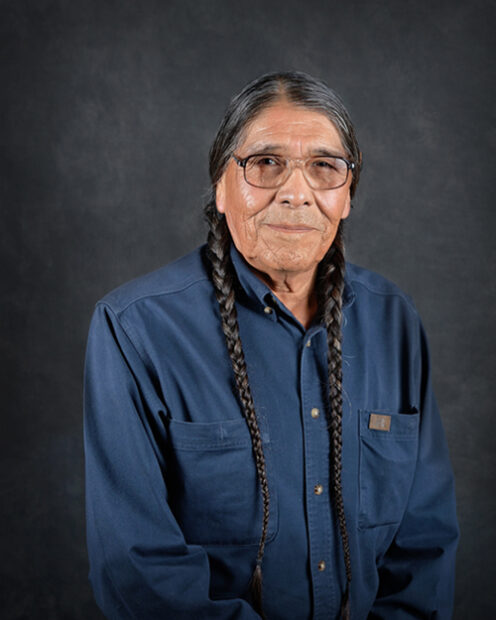Tribal leaders challenged State Superintendent Debbie Critchfield to address “alarming” test scores among Indigenous students, and to ensure more cultural relevance in Idaho classrooms at Tuesday’s Council on Indian Affairs Committee meeting.
Those leaders also called on schools to provide accurate Native American histories.
“What happened to our tribes is a terrible, factual history and it should be told … it’s plain and simple genocide,” Arnold Thomas, Vice Chairman of the Shoshone-Paiute Tribal Business Council, said.

Sen. Phil Hart responded by saying the responsibility to provide accurate histories is in Native Americans’ hands.
“If you want the history written accurately, you have to do it yourself,” Hart, R-Kellogg, said. “So that’s a challenge, I guess, to you … if you want to get that out there, it’s probably something you’ve got to roll up your sleeves and make it happen.”
A few tribal leaders took issue with Hart’s comment.
“We will write our history as long as the school puts it in (the curriculum),” Chief Allan, chairman of the Coeur d’Alene Tribal Council, said. “So that’s the issue … the school’s got to be willing to use it.”
Gaylen Edmo, tribal council leader for the Shoshone-Bannock tribes, called Hart’s comment “ignorant and small-minded.”

“I just can’t shake it off,” Edmo said. “For decades, we’ve tried to put our history out there. It’s not for a lack of trying — it’s because there’ve been institutional roadblocks, and people not wanting to hear Indian people speak up about our version of history.”
“For decades, we’ve tried to put our history out there. It’s not for a lack of trying — it’s because there’ve been institutional roadblocks, and people not wanting to hear Indian people speak up about our version of history.” — Gaylen Edmo, tribal council leader for the Shoshone-Bannock tribes, on efforts to get accurate tribal histories in classrooms
Hart acknowledged his ignorance and said he didn’t realize that Indigenous history was available but not being told.
Test scores were another flashpoint at the meeting, which was attended by leaders from four of Idaho’s five federally recognized tribes (the Kootenai tribe was not represented), lawmakers, and Critchfield.
“The state has failed,” Allan said. “The lowest (test) scores are at every reservation, and to me that’s unacceptable. We need to fix that … it’s alarming.”
Further reading: By the numbers: Achievement data for schools on or near Idaho reservations
He said tribes need help, funding, and resources.
“It is alarming,” Critchfield agreed. “It’s more than just concerning, it’s upsetting.”
“It’s more than just concerning, it’s upsetting.” — State Superintendent Debbie Critchfield on low test scores among Indigenous students
She then questioned assessments’ validity.

A student might be trained as an EMT, for example, and be certified to ride in an ambulance and save lives, but might not pass the ISAT. Does that mean they’re not “skilled, trained, and competent?” she asked.
The discussion around assessments comes down to some key questions, she said: “What is it that we want our kids to be able to know and do, and what does preparation look like? And then how do we assess that?”
Sen. James Just, D-Boise, asked Critchfield “what efforts, if any, are being made to include Native cultural elements in student education.”
Critchfield called attention to the fourth grade Idaho history curriculum, which includes lessons on Idaho tribes. She said the State Department of Education is working to provide materials and resources so teachers can supplement their textbooks with more “culturally correct, relevant, and appropriate” information.
Further reading: Boarding schools, treaties, and tribal sovereignties: What students should know about Native Americans
More broadly, the SDE is focused on Native American education and recognizes “that there are some ways that we can do better and that we can improve as we support our districts …and students … We have a lot of room to grow.”
She highlighted her recent and ongoing conversations with tribes, and said the issues they brought up are prevalent among all Idaho students — such as poor attendance, behavioral health, and community engagement.
There’s also a need for districts serving Native American students to consult with local tribes, and Critchfield said the SDE will be working to facilitate those conversations.
Plus, some districts are unaware of the resources and tools that are available to help Indigenous students and/or need to be “more informed about the students themselves.” Critchfield wants districts to engage with and support tribal communities because of the value and benefit to students, not just in order to comply with federal requirements or regulations that are tied to funding.

At the end of the meeting, Nathan Small, chairman of the Fort Hall Business Council, said that past council discussions have too often led to inaction: “Nothing was done.” And he called for change this time.
“So here we are again today,” he said. “And I hope that this council starts looking at some of the stuff that was brought up today … that was brought up yesterday … and that’s going to be brought up tomorrow.”
Further reading: Idaho EdNews recently published a series of stories on Native American education in Idaho, “Still Here: Tribes fight to be seen in Idaho classrooms.” Read the series here.
